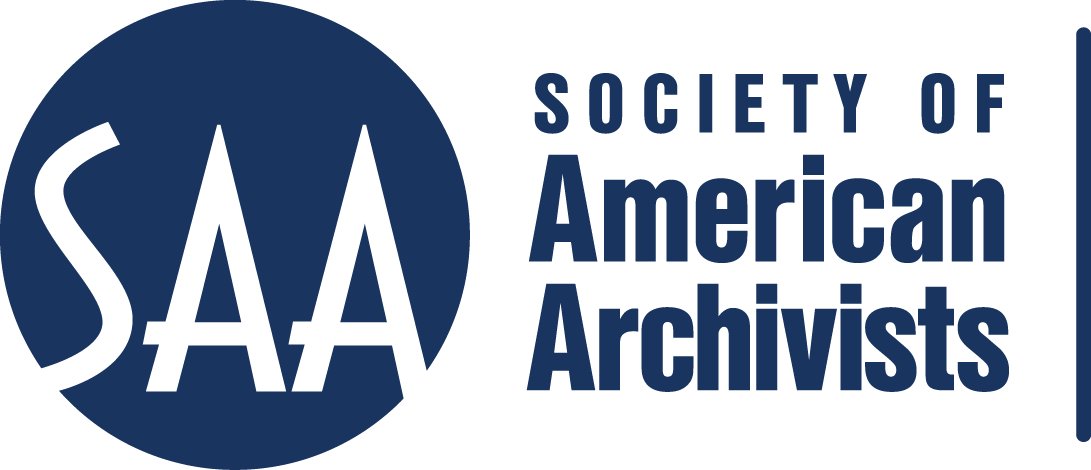Understanding the Unseen: Invisible Disabilities in the Workplace
Approximately 61 million (or 1 in 4) adults in the United States have a disability. Despite this prevalence, many people cannot name a coworker who is disabled, possibly due to the number of people who have invisible disabilities. This lack of understanding of both causes and prevalence can cause both the disabled and their supervisors or managers to be unaware of how to address a disabled person's needs. In this article, the authors shed light on how to improve the professional environment for disabled archivists, staff, and patrons. People without disabilities or those with unrealized disabilities can all benefit when universal design is considered. The best way to achieve inclusivity is to encourage all employees to model the behavior you want to see in others and to normalize disabilities and accommodations. In an environment where accommodations for everyone are normalized, many of the micro- or macro-aggressions may be eliminated from the workplace, as it can help remove the stigma surrounding disability. Everyone wants to work in a supportive environment where they feel respected.ABSTRACT




Contributor Notes
Ann Abney, CA, (she/hers) is the special projects archivist for South Carolina Political Collections at the University of South Carolina and an adjunct lecturer for the iSchool at the University of Illinois, Urbana–Champaign. She holds an MA in history and an MLS in archives, records, and information management from the University of Maryland, College Park; and an Honors BA in history from Carroll University in Waukesha, WI.
Veronica Denison is currently the university archivist at Kansas State University. She received her MLIS from Simmons College in 2013, and has been a professional archivist for eight years.
Chris Tanguay is a processing archivist in the Massachusetts Institute of Technology (MIT) Libraries Department of Distinctive Collections. They have worked with the department in various capacities since 2012. Tanguay received their MS in library and information science in 2012 and a Post-Graduate Certificate in Digital Stewardship in 2019 from Simmons University. They also have a BFA in photography from the University of Massachusetts, Lowell.
Michelle Ganz (she/hers) is the director of Archives for the Dominican Sisters of Peace. She has been an archivist, advocate, and speaker for fifteen years. She received her MLIS from the University of Arizona and her BA from Ohio State University.

